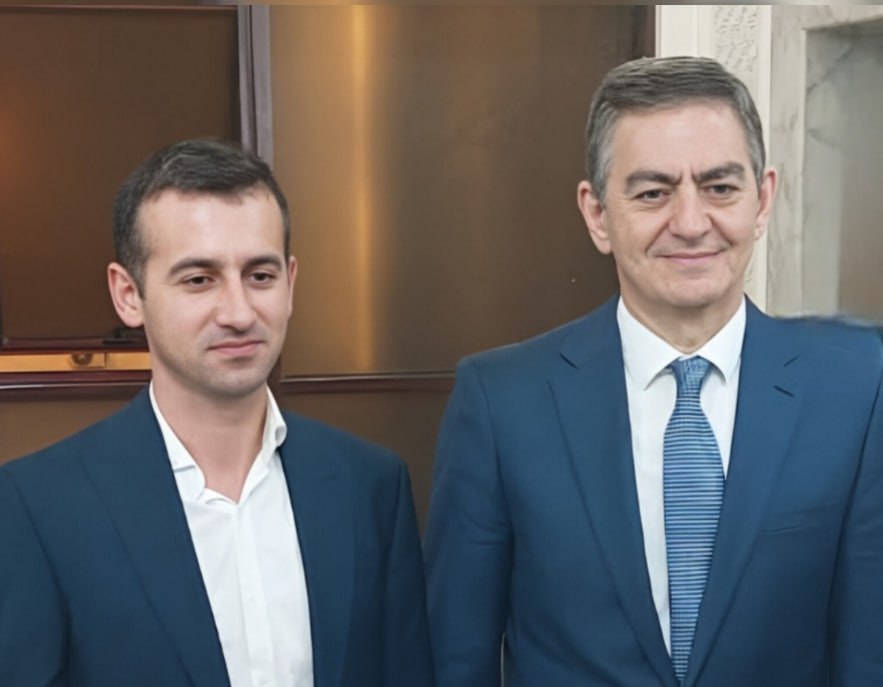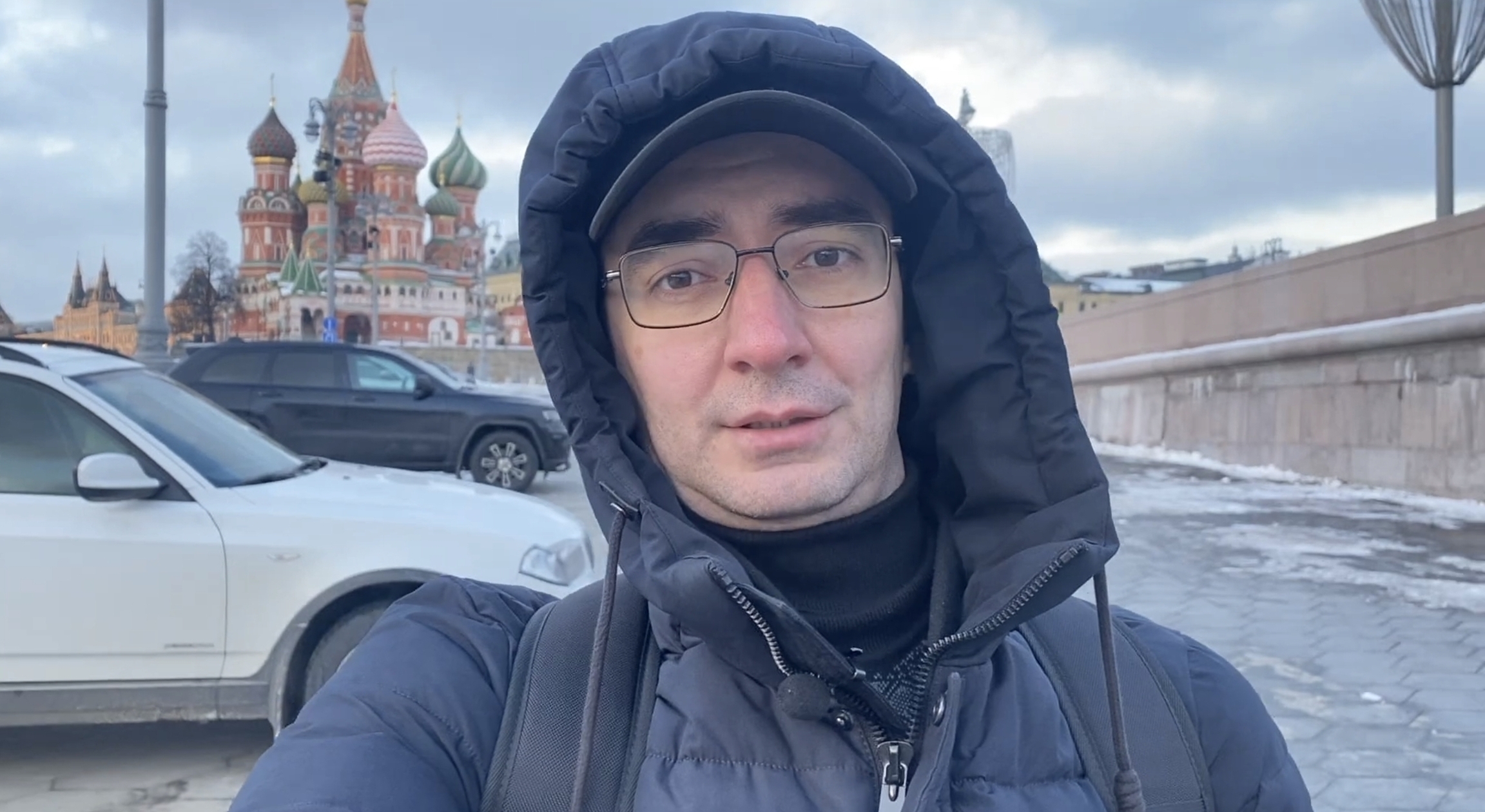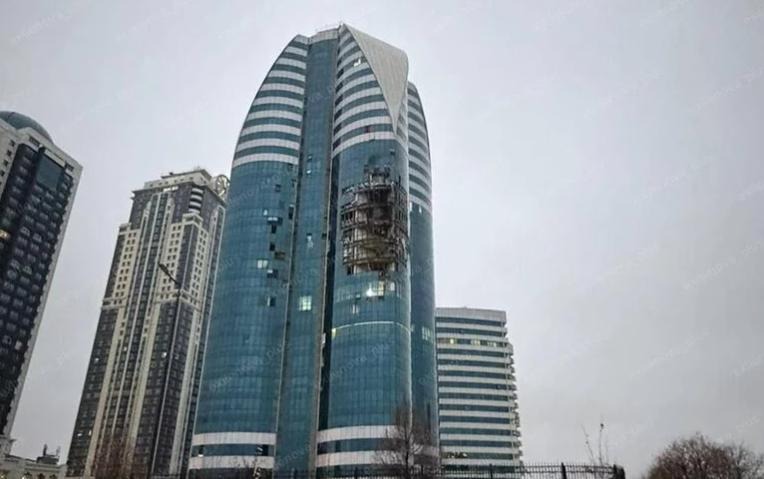Opposition figure Gulu Mammadli stated that the arrest of Ali Karimli, leader of the Popular Front Party of Azerbaijan (PFPA), was expected, but the reasons go beyond simple criticism of the authorities. According to Mammadli, Karimli's publications in major Western media have increased his political significance and visibility abroad, which has caused concern among the Azerbaijani authorities.

A decision was made at the summit of EU leaders in Brussels to effectively block Georgia's accession process. The reason for this was the adoption of contradictory laws and the violation of European values.
"We call on Georgia to adopt democratic, comprehensive and sustainable reforms in line with the fundamental principles of European integration," the European leaders said in a statement.
They also expressed hope for free and fair parliamentary elections in Georgia, which will be held in October.
"There is a clear backsliding on democracy in Georgia," EU High Representative for Foreign Affairs and Security Policy Josep Borrell said before the European Council meeting in Brussels.
Earlier, the European Parliament also expressed "serious concern about the regression of democracy in Georgia over the past year." It condemned the "foreign agent law" and changes to the electoral code.
As parliamentary elections in Georgia approach, Western politicians are increasingly accusing its authorities of deviating from the course of European integration and moving closer to Russia. The ruling party calls such accusations interference in the country's internal affairs, explaining them as an attempt to influence the election results. The main confrontation will unfold between the ruling Georgian Dream and the opposition. The ruling party accuses the latter of destabilizing the situation in Georgia, attempting to stage a coup d'etat and drag the country into war.
Georgian President Salome Zurabishvili openly criticizes the policy of the ruling Georgian Dream, noting that "its pro-Russian orientation is becoming more and more obvious with each passing day."



